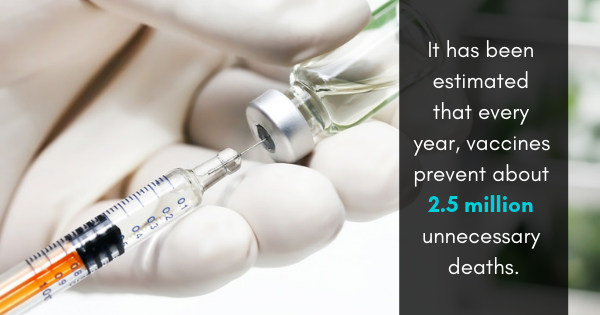There is no doubt that vaccines have saved many lives over the past few decades. The number of deaths from measles alone decreased dramatically from 2000 to 2014, going from over 546,000 deaths to under 115,000. All in all, it is estimated that around 2.5 million deaths are prevented every single year thanks for the use of vaccines.
Because vaccines are such an important part of our lives, it is important that medical professionals, lab technicians, and scientists store them properly, ensuring they remain effective when put to use. That is where the use of a medical refrigerator or a medical freezer is necessary.
If you run a lab or clinic, follow these guidelines for vaccine storage, and be sure to purchase a high quality medical refrigerator, lab freezer, or some combination of the two right away, so that the needs of your patients and clients are adequately met.
Importance of Temperature Control
The U.S. Centers for Disease Control and Prevention says that refrigeration is necessary for many vaccines, and that they should be kept at approximately 40 degrees Fahrenheit to remain unharmed. Other vaccines should be frozen and kept anywhere between -58 degrees Fahrenheit and five degrees Fahrenheit to maintain their effectiveness.
To ensure proper storage regulations are met, a few important steps should always be followed.
First of all, as noted above, be sure that your vaccines are being stored at the appropriate temperature range. Improper storage will deem the vaccines useless for medical purposes, and they will need to be thrown away. This is a big waste of money and resources.
Because a specific temperature range is so important to the success of the vaccine, they should be monitored at the start of the work day to ensure all equipment is still running well. Finally, be sure to check the temperature of the vaccine refrigerator or vaccine freezer every time you access it and make certain that everything is still operating normally.
Practices to Implement
When using a medical refrigerator or freezer make certain you shut the doors tightly every single time to keep the temperatures where they should be. It is also a good idea to post signs reminding others to keep the unit plugged in at all times.If the temperature of the medical refrigerator does get out of range, then follow protocol to ensure those vaccines will not be put to use. Following procedures to the tee could make all the difference when it comes to getting people the medical care they need.
